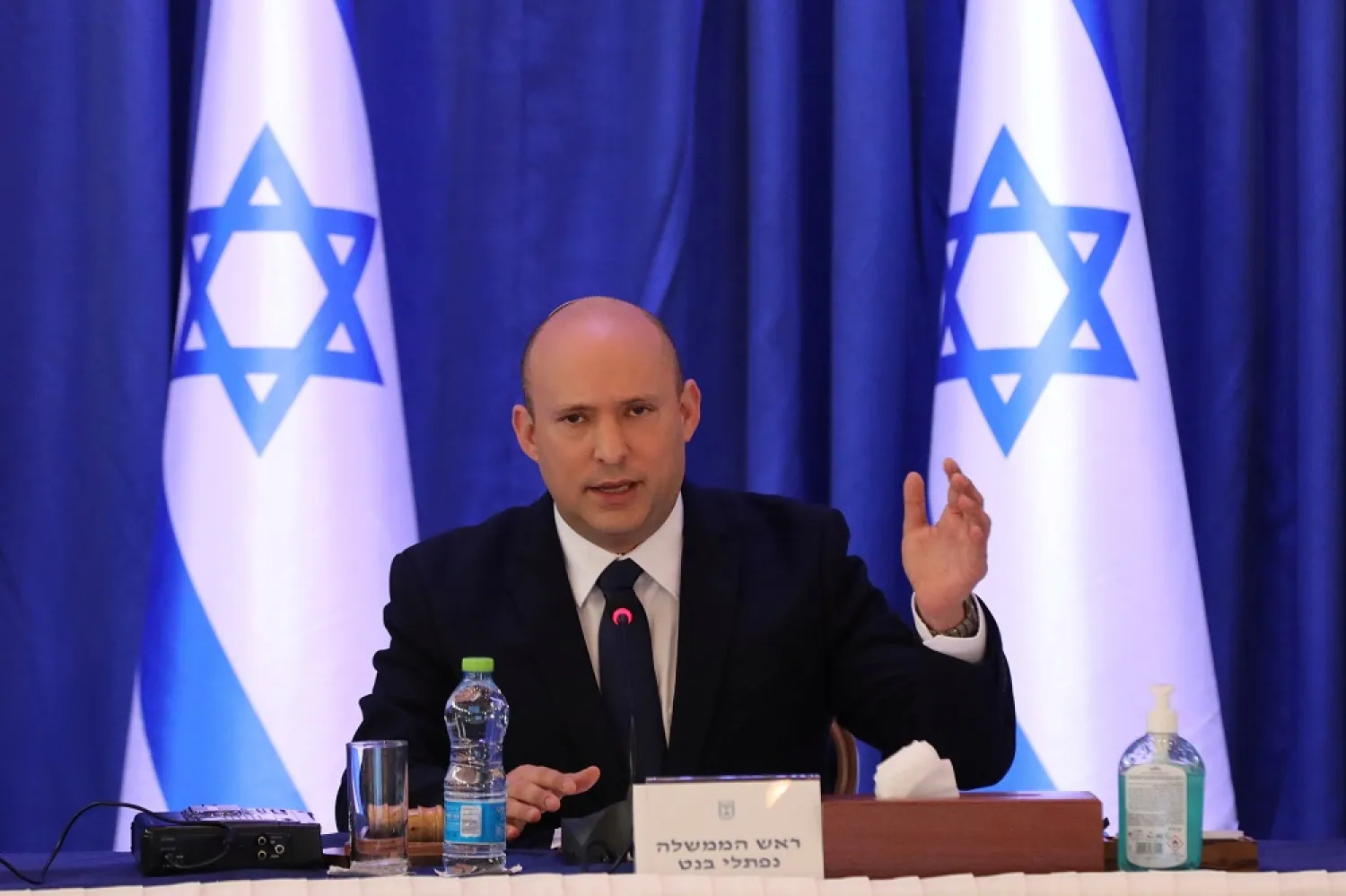Israeli Prime Minister Naftali Bennett intends to ask Russian President Vladimir Putin during his upcoming visit to Moscow to keep Iran and its proxies away from the ceasefire line in Syria’s occupied Golan Heights, as well as to allocate more freedom of action for the Israeli air force, well-informed sources said.
The PM is set to visit the Russian capital on Friday.
According to the sources, Bennett wishes to maintain Israel’s strong relations with Russia, which were evident during the era of former Prime Minister Benjamin Netanyahu, and under which security coordination was established at the highest levels between the Russian and Israeli armies in Syria.
The sources confirmed that these relations have witnessed a decline in recent months, as Russian officials have grown increasingly critical of Israeli raids in Syria that they said have become “excessive.”
Consequently, Bennett has decided to dispatch along with his delegation to Moscow, Minister Zeev Elkin, who is of Russian origin and who has always accompanied Netanyahu on his meetings with Putin.
According to the sources, Elkin is familiar with the details of the previous talks between the two sides and is highly respected by Moscow.
Based on Bennett’s consultations with experts and senior advisers in recent days, in preparation for his visit to Russia, his central goal is “to consolidate personal relations between him and Putin, and to try to convince the latter of the Israeli position on Iran, especially combating Iranian entrenchment in Syria, and refraining from providing Syria with advanced surface-to-air missiles,” the sources underlined.
Meanwhile, Chief of Staff of Iran’s Armed Forces Major General Mohammad Bagheri arrived in Moscow on Sunday to discuss with Russian Defense Minister Sergei Shoigu the developments in Afghanistan, the purchase of Russian weapons and cooperation in Syria.









